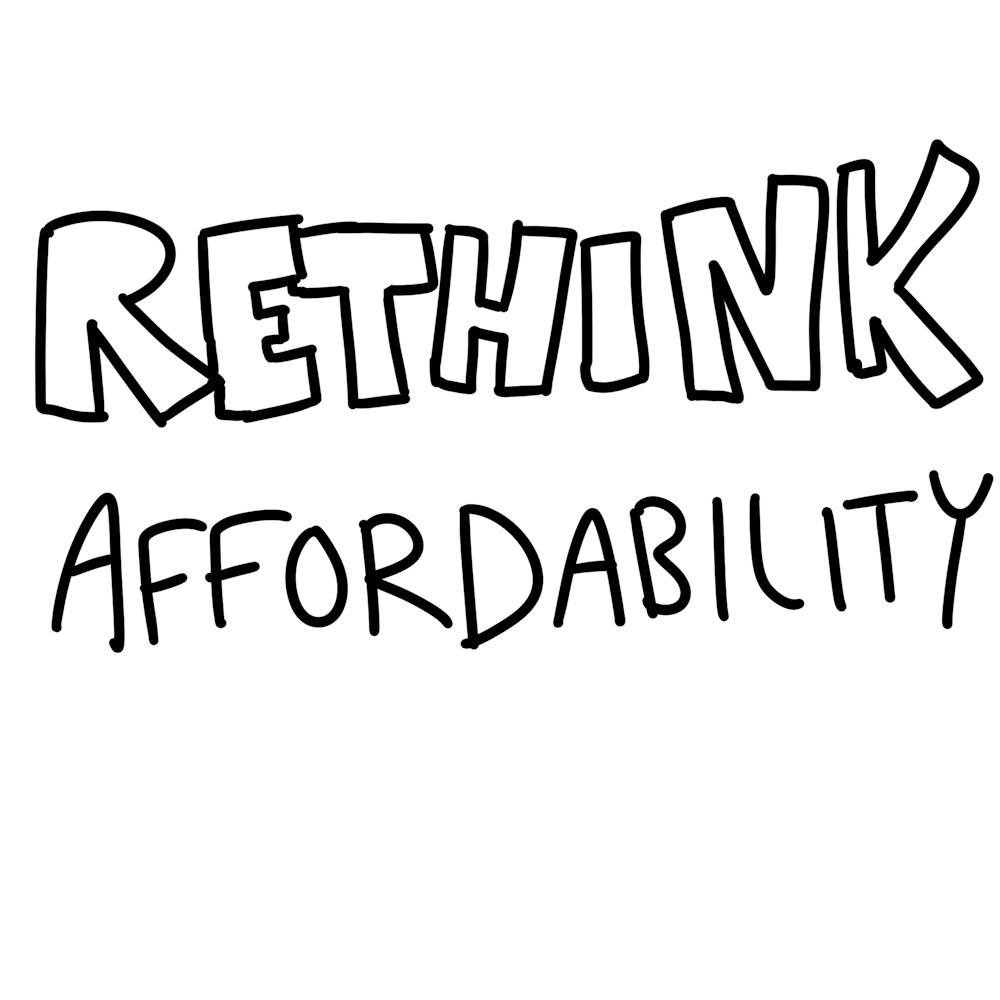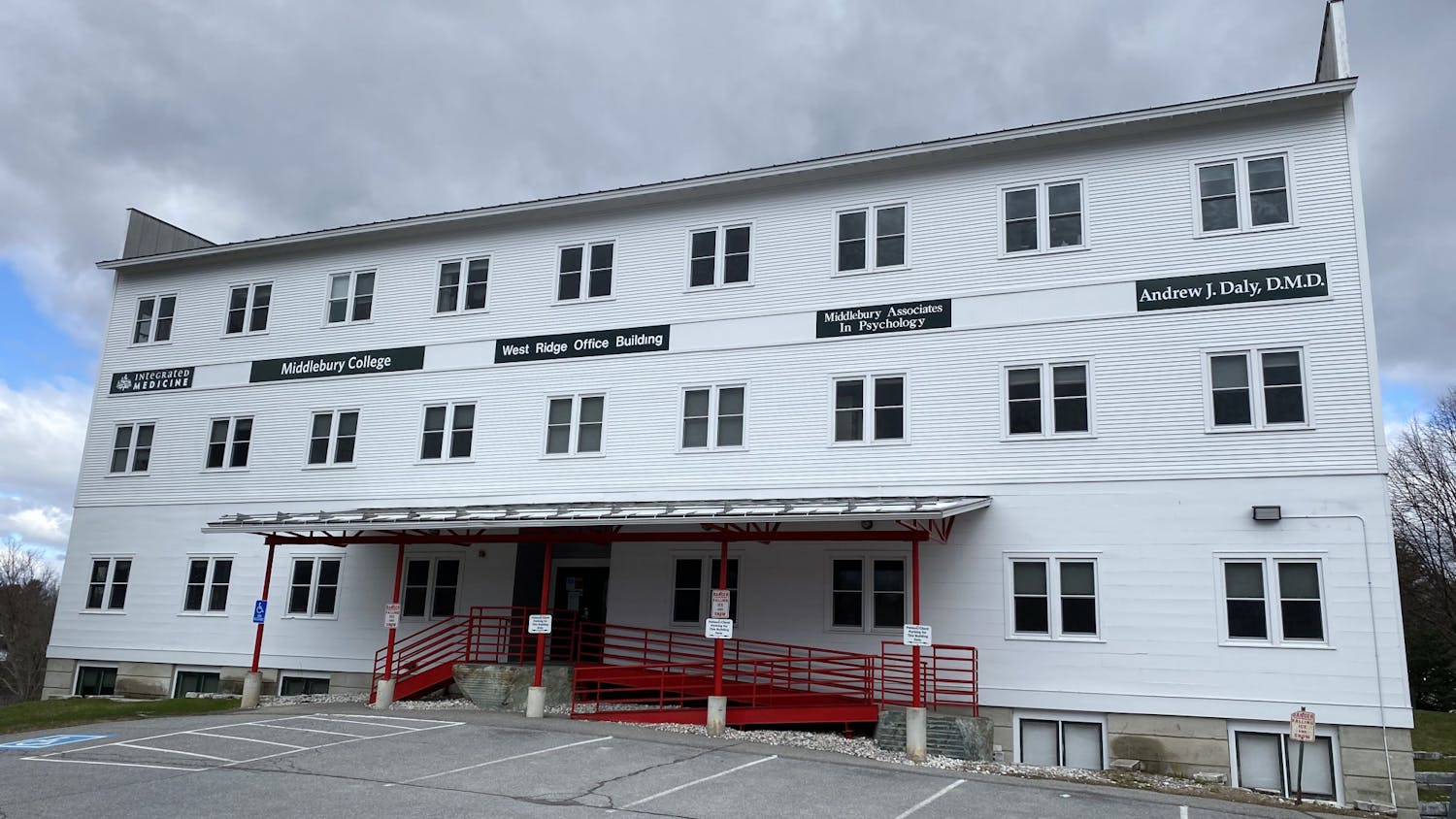On April 13, fellow NESCAC institution Williams College announced its commitment to move to a fully-grant based financial aid system, effectively eliminating loans and work study packages. This shift is said to benefit the 53% of students who are on financial aid, at a cost of 6.75 million dollars per year.
In her letter to the Williams community, President Maud Mandel stated that the “program is a crucial step in our quest for what we are starting to call ‘true affordability’ — a program that encompasses the costs of both attendance and full and equal participation.”
This language highlights that financial aid packages that require students to take out loans or work up to 20 hours a week on campus do not align with genuine equity and accessibility for higher education. In essence, components of financial aid packages like Middlebury’s can often further slant the playing field instead of helping to even it.
With this in mind, we ask that Middlebury take a good, hard look at its current financial aid system. We fully acknowledge that we are a different institution than Williams, with different resources and financial capabilities. However, Middlebury and Williams also have many similarities, and we believe that their ability to tangibly better the lives of their students through this shift can provide a blueprint for our college to take similar steps. After all, as can be seen in the imminent replacements of Proctor and Battell, Middlebury has been able to mobilize financial capital to change elements of campus life they don’t see as sustainable.
Rethinking affordability doesn’t need to begin with a massive overhaul either. Williams has already served as an example by making textbooks, health insurance and summer storage free for students on financial aid.
There is no question that students on financial aid should have the ability to participate in campus life in the same ways that their peers do. Students who have to spend multiple hours a week working as part of their federal work study allotments have less time and energy to devote to their academic studies, extracurricular activities and social lives. As a result, their ability to lead “engaged, consequential, and creative lives,” as stated in Middlebury’s mission statement, is significantly hindered.
In addition to the burdensome time commitment posed by work study requirements, anxiety surrounding student loans also hamstrings one’s ability to pursue academic independence and creativity. Students who know they will need to pay off student loans are more likely to align their studies toward a field that will guarantee them job security and a sustainable source of income post-grad.
This pressure is wholly antithetical to Middlebury’s vision of an interdisciplinary, liberal arts education. If only affluent students feel as if they can afford to focus on humanities or the arts, what are the consequences for the classroom community?
In an article about Williams’ new financial aid program, The Washington Post notes in an anecdote about a recent graduate that “having loans probably would have pushed him to choose the highest-paying career possible [...] rather than pursuing a postgrad fellowship and trying out different jobs.” If Middlebury truly wants us to embrace inquiry and agency in order to practice ethical citizenship after we graduate, concerns about financial feasibility must be mitigated.
At the end of the day, Middlebury students are here to learn — not to deliver mozzarella sticks to their drunk peers at 1 a.m., not to work until midnight at MiddExpress and not to swipe in lines of students at the dining hall. We’re all here to take advantage of a rich social and academic environment, and we all deserve the same chances at doing so, without our time being limited by the burdens of work study.
Students on financial aid should not be responsible for laboring in service of their peers in order to afford to exist here. The system as it currently stands only serves to exacerbate pre-existing inequities in our community, and as Williams has demonstrated, this doesn’t need to be the case.




